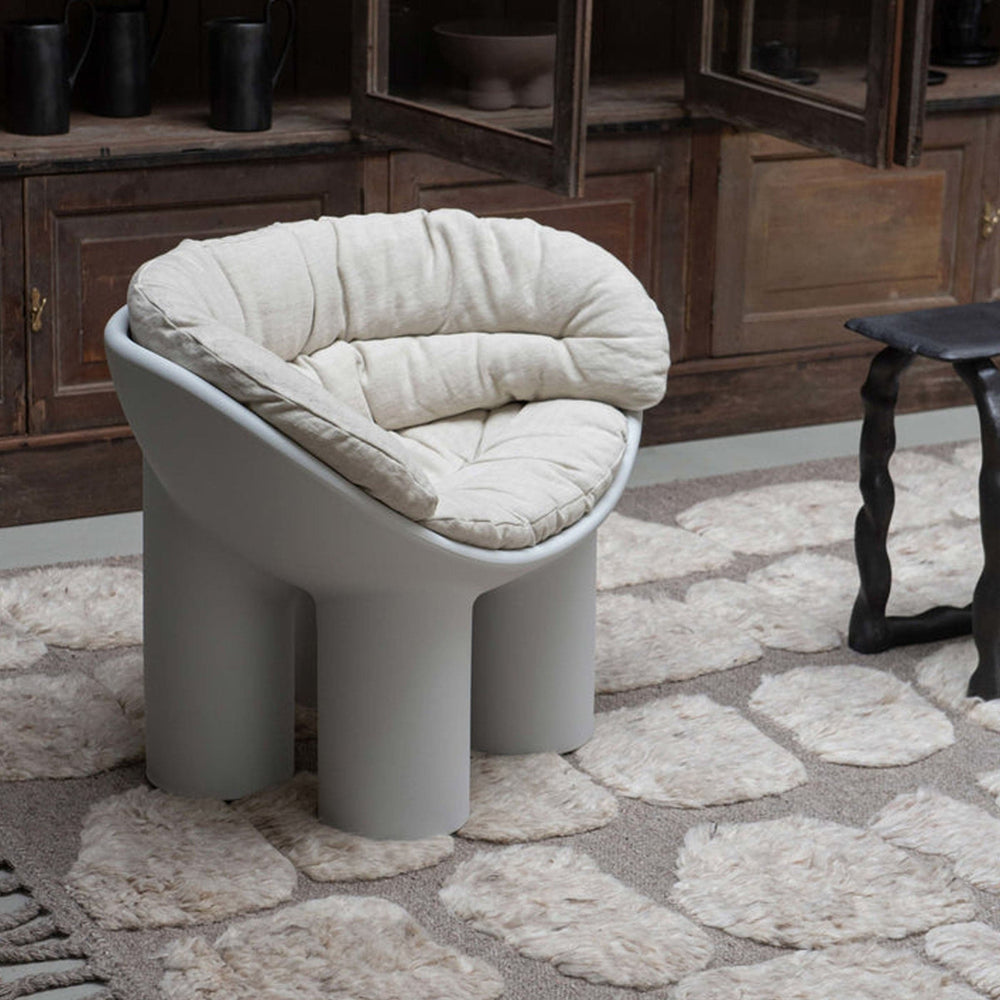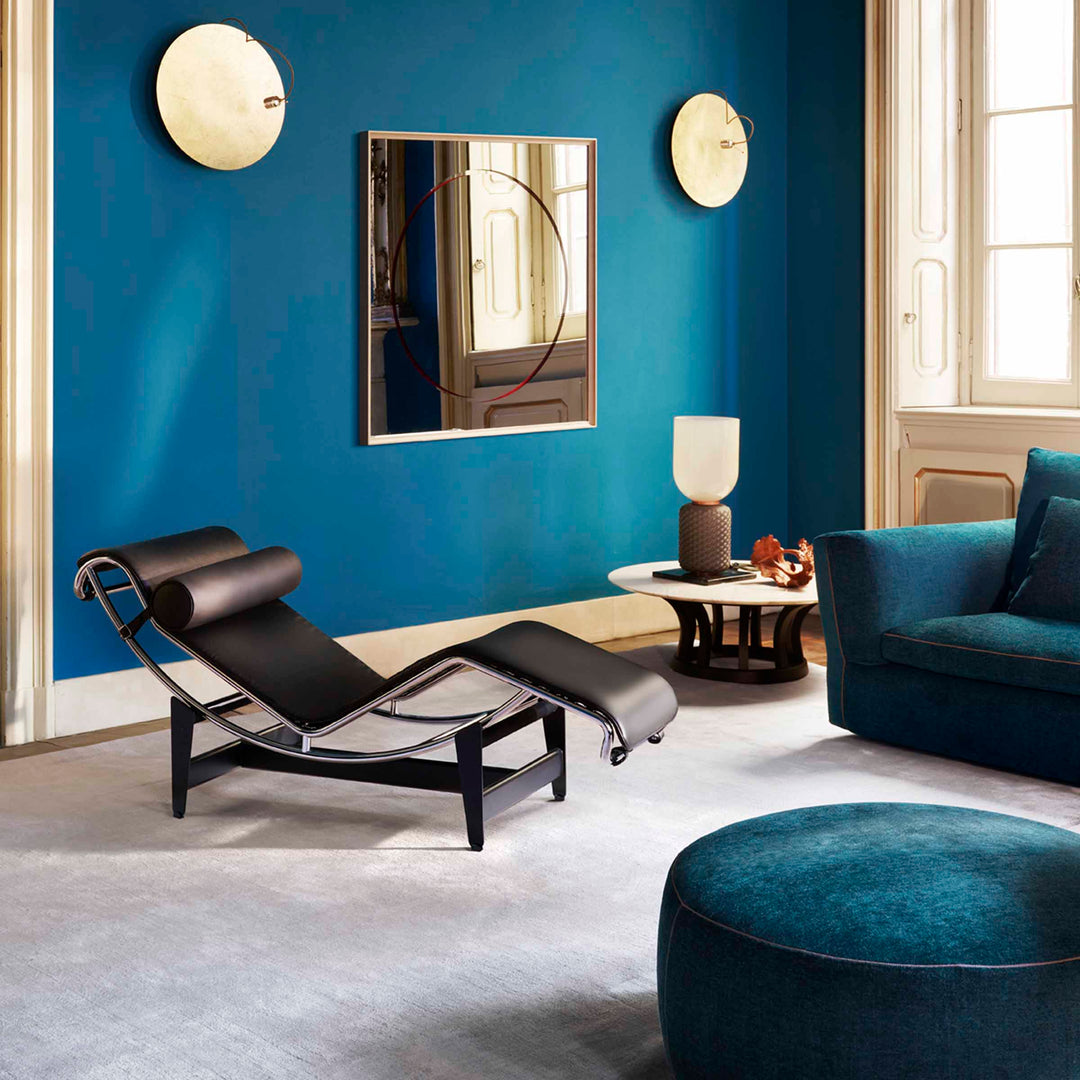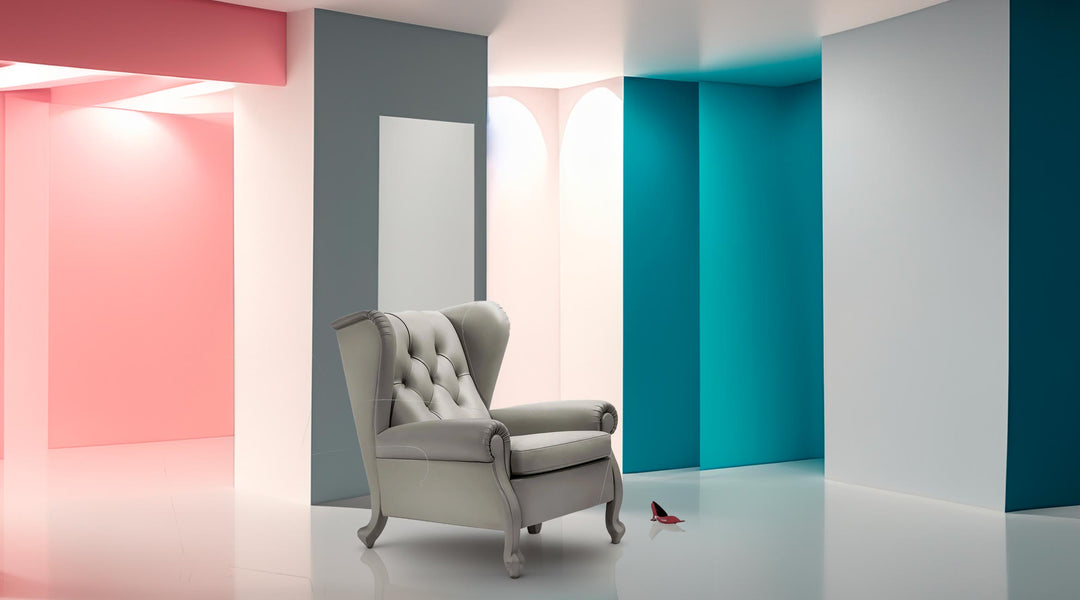THE ITALIAN TANNING PROCESS, FAMOUS WORLDWIDE PRODUCTIONS
by Maria Laura Berlinguer
The Italian tanning process, famous worldwide productions
Tuscany, Veneto and Campania, three Italian regions and three districts that made tanned Italian leather a precious raw material. The tanning districts is a successful benchmark for the district economic model because they concentrate in specific geographical areas that, during the years, have developed peculiar features in terms of quality product and manufacturing process.
They provide leather for footwear, bags, design objects and home decor worldwide.
The most renowned tanning district is Santa Croce sull'Arno's, in the Pisa area, and Fucecchio, close to Florence.
In the Veneto region, the Chiampo Valley and Riviera del Brenta are at the heart of the Made in Italy tanning industry, acting as a focal point for companies worldwide. Last but not least, in Avellino and Naples, there are tanning centres specialized in sheep, goat and small hides leathers for apparel, footwear and other goods.
An ancient art being modernized.
There are mainly two reasons why the Italian tanning sector is so peculiar: the remarkable environmental commitment and the creative ability in terms of stylistic design. Over the last few years, Italian companies have been investing in fostering the circular economy, reducing and processing waste from the tanning industry.
Being able to follow a solid aesthetic tradition for their creations, Italian stylists and designers have always been masters at using leather to create objects of great artistic and commercial value.

Leather and cameos, so jewellery becomes unique.
An example of the perfect fusion between innovation and cultural tradition is well represented by Anna Porcu’s jewels, where Italian leather enhances ancient ornaments such as cameos. The designer comes from a well-known Tuscan family of antiquarians and, thanks to her historical studies and sensitivity to antique art, she devotes much of her time to the search of nineteenth-century cameos to be embedded in her beautiful creations. The necklaces and bracelets chosen by Design Italy are works of art set on leather that give a new life to the antique cameos thanks to an innovative and contemporary structure. Gold, silver and semiprecious stones set by experienced Tuscan goldsmiths and craftsmen make up an unprecedented combination with leather, resulting in surprisingly fashionable jewels.
Celebrating the female body with a leather accessory
Founded by Irene De Caprio and Enzo Pirozzi, the 0770 brand was established in the surroundings of Naples, so that the designers were able to rely on handmade productions, particularly hand sewing, to celebrate the essence of femininity. The necklaces and bracelets designed with ancient techniques and shapes are embellished with sophisticated details, able to surprise and amaze. Pirozzi and De Caprio are fascinated by tribal arts and by the psychological impact of art: such an effect that each of their creations is capable of causing.
Purses and pouches, Italian leather rules
Cristiana Pellegrino and Giovanna Cascella, founders of BEBLASÉ ®, are the proud designers of disenchanted but enchanting bags of which Design Italy proposes a transformable selection.
Why BEBLASÉ? Blasé is the French adjective equivalent to “disenchanted”, a term that well describes the idea behind this necessary, essential accessory: the bag. With a single object, produced with the most precious Italian leather and craftsmanship, Pellegrino and Cascella give the chance of “matching two situations, two outfits, two moods”. No matter if it's a handbag or a laptop bag, it only takes a simple move to change the look. Queen Elizabeth is not the only one who voices her moods with a handbag.
















